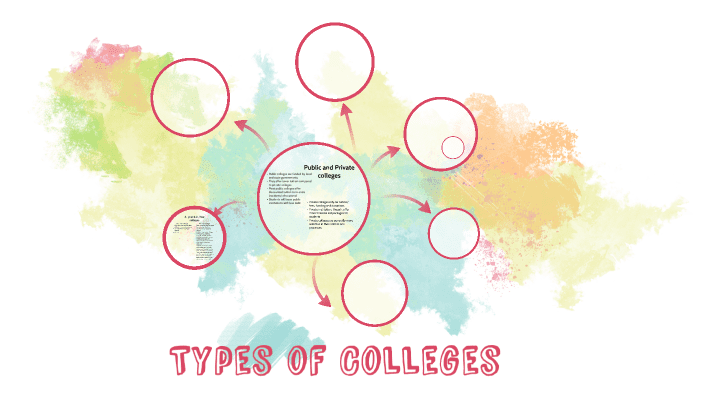In today’s rapidly evolving job market, the traditional model of pursuing a four-year degree and then working in a single career for a lifetime is no longer the norm. Higher education is adapting to this changing landscape with the rise of micro-credentials and short-term programs. These innovative learning pathways provide students with targeted, skills-focused education that can quickly lead to employment or career advancement with expert college counselor.
What Are Micro-Credentials and Short-Term Programs?
Micro-credentials, also known as digital badges or nano-degrees, are bite-sized, focused credentials that validate a specific skill or competency. They are typically earned through short, targeted courses or training programs.
Short-term programs, on the other hand, encompass a broader range of offerings, including certificate programs, boot camps, and specialized workshops. These programs are designed to be completed in a matter of weeks or months, rather than the traditional multi-year commitment of a bachelor’s or master’s degree.
The Advantages of Micro-Credentials and Short-Term Programs
The increasing popularity of micro-credentials and short-term programs can be attributed to several key advantages:
Speed to Employment: Unlike traditional degrees that require several years of study, micro-credentials, and short-term programs allow students to acquire specific skills quickly and enter the workforce faster.
Cost-Effective: These programs are often more affordable than traditional degrees, making higher education accessible to a broader range of students.
Flexibility: Many micro-credentials and short-term programs are offered online or through flexible scheduling, allowing working professionals to upskill without disrupting their careers.
Targeted Learning: Students can choose programs that align precisely with their career goals, focusing on the skills most relevant to their desired field.
Industry-Relevance: These programs are often developed in collaboration with industry partners, ensuring that students gain skills that are in high demand in the job market.
Read More: Amusement Park Engineering
Meeting the Needs of Lifelong Learners
Micro-credentials and short-term programs are particularly well-suited to the needs of lifelong learners. In today’s dynamic job market, staying competitive often requires continuous skill development and adaptation to new technologies and trends. These programs allow individuals to acquire new skills and stay relevant in their careers without the significant time and financial commitment of a traditional degree.
Closing the Skills Gap
One of the critical contributions of micro-credentials and short-term programs is their ability to address the skills gap. As industries rapidly evolve, there is often a mismatch between the skills employers need and those possessed by the workforce. These programs offer a nimble solution, allowing individuals to quickly gain the skills that are in high demand, leading to more efficient, Oberlin music excellence and productive industries.
The Future of Higher Education
The rise of micro-credentials and short-term programs reflects a broader shift in higher education towards more flexible, outcomes-driven models. While traditional degrees remain valuable for many career paths, these new educational pathways are providing a means for individuals to access relevant, up-to-date training quickly. They also offer colleges and universities an opportunity to adapt to the changing needs of students and employers.
The educational landscape is evolving, and micro-credentials and short-term programs are at the forefront of this transformation. As industries continue to change and adapt, so too must higher education. For students and professionals seeking to stay competitive and relevant in their careers, these programs offer a dynamic and efficient way to acquire the skills needed for success. They are not a replacement for traditional degrees but rather a valuable addition to the educational toolkit, providing options and opportunities for learners of all backgrounds and aspirations.
These are some of the platforms where you can get a certification in your area of interest and specialization:
Platforms for Micro-Credentials
- Coursera
- Futurelearn
- edX
- Udacity
- Kadenze
- Udemy
- LinkedIn Learning






